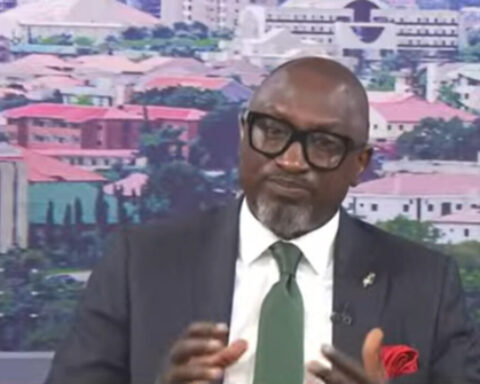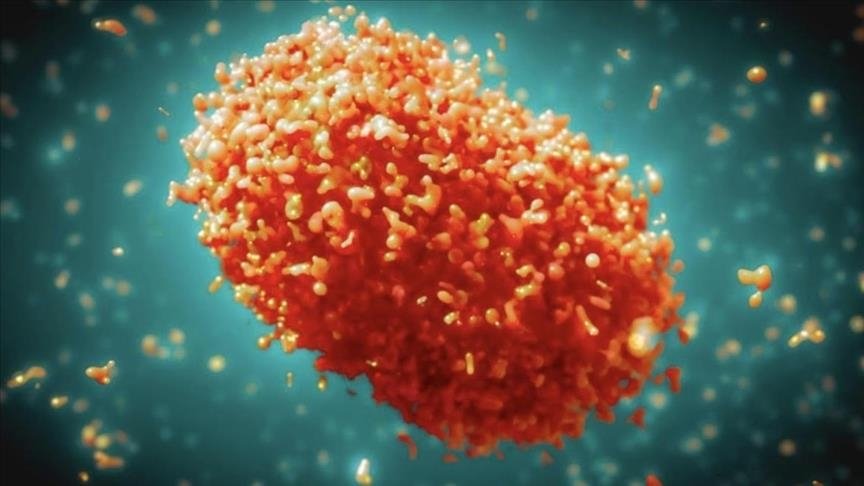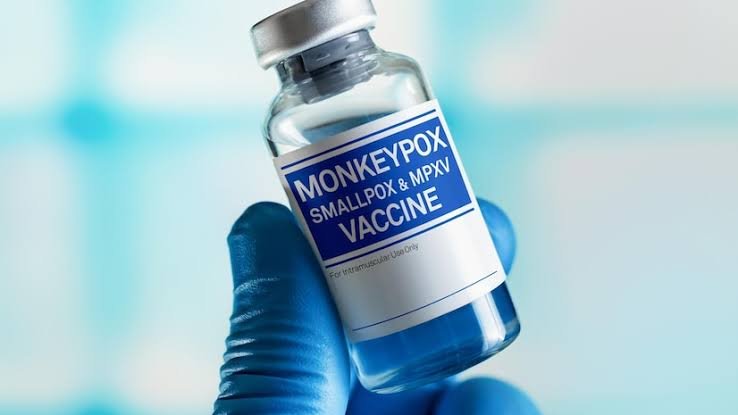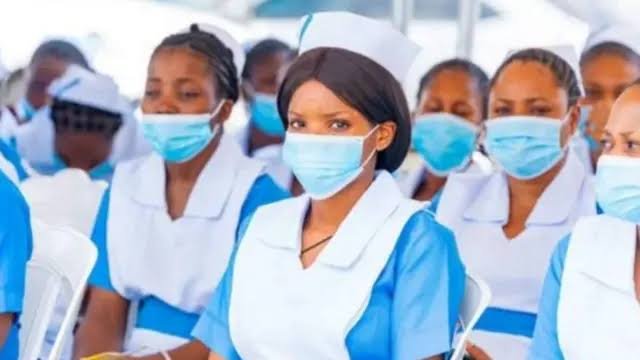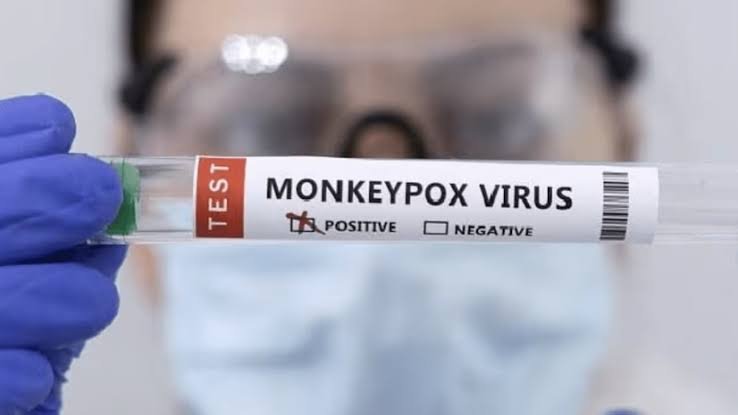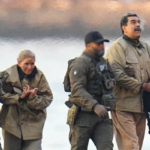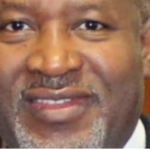The shocking and sorrowful death of Otunba Kunle Akinyemi, a respected former Deputy Customs Comptroller, during a joyful family event has reignited discussions around the phenomenon of sudden collapse in apparently healthy individuals.
Witnesses report that he was singing praises and appreciating God when he asked his wife for water. Before water could be brought, he slumped and died.
The incident, which occurred at a CAC church event, has drawn both sympathy and criticisms — some questioning his personal health management, and others criticizing the absence of first responders or trained medical personnel at the venue.
This tragic event emphasizes the need for public awareness about sudden collapse — a life-threatening emergency that can affect anyone, anywhere, and often without warning.
WHAT IS SUDDEN COLLAPSE?
Sudden collapse refers to an unexpected loss of consciousness and body tone, usually caused by a sudden interruption in cerebral perfusion (blood flow to the brain).
It may be temporary (e.g., fainting or syncope) or permanent, as in cases of sudden cardiac arrest or stroke. Immediate intervention often determines survival and recovery.
POSSIBLE CAUSES OF SUDDEN COLLAPSE
1. Cardiac Causes (Most Common)
– Sudden Cardiac Arrest (SCA):
A sudden cessation of heart function, often due to ventricular fibrillation or other arrhythmias.
– Myocardial Infarction (Heart Attack):
Blockage of coronary arteries causing death of heart tissue.
– Hypertensive heart disease or heart failure: Especially in individuals with poorly managed high blood pressure.
– Cardiomyopathies: Structural or functional heart abnormalities.
2. Neurological Causes
– Stroke (Ischemic or Hemorrhagic):
Disruption of blood flow to the brain or bleeding in the brain.
– Seizures:
May cause transient collapse, followed by convulsions or confusion.
3. Metabolic and Systemic Causes
– Hypoglycemia: Critically low blood sugar, especially in diabetics.
– Electrolyte imbalances: Such as potassium or calcium disturbances.
– Dehydration or heat stroke.
4. Pulmonary Causes
– Pulmonary embolism (PE): A blood clot in the lungs, often leading to sudden death.
– Severe asthma or anaphylactic reactions.
5. Other Causes
– Vasovagal syncope: Common fainting triggered by pain, stress, or prolonged standing.
– Drug overdose or intoxication.
– Underlying chronic illnesses left unmanaged.
RISK FACTORS
– Age over 50
– History of heart disease, hypertension, or diabetes
– Sedentary lifestyle
– Smoking and alcohol use
– Emotional or physical stress
– Obesity and poor dietary habits
– Lack of regular health check-ups
IMMEDIATE MANAGEMENT OF SUDDEN COLLAPSE
1. Recognize Early Signs
– Sudden dizziness
– Chest pain or tightness
– Palpitations or shortness of breath
– Sweating, nausea
– Sudden confusion or weakness
2. First Aid Response
If someone collapses suddenly:
– Call for emergency help (e.g., 112 or 911)
– Check for responsiveness and pulse.
– If unresponsive and not breathing: Begin CPR immediately.
– 30 chest compressions followed by 2 rescue breaths (if trained)
– Use Automated External Defibrillator (AED) if available
– Place the person in the recovery position if breathing but unconscious.
– Keep the person warm and do not give fluids if unconscious.
3. Transport to Hospital
– Emergency medical services must take over immediately to provide advanced care, including defibrillation, medication, oxygen therapy, and cardiac monitoring.
PREVENTION STRATEGIES
• For Individuals:
1. Regular Health Screenings:
– Annual check-ups for blood pressure, blood sugar, and cholesterol
– ECG, echocardiogram, and stress tests for those with risk factors
2. Medication Adherence:
– Take prescribed medications for hypertension, diabetes, or cardiac issues seriously.
3. Lifestyle Modification:
– Exercise regularly
– Eat a heart-healthy diet (low in salt, sugar, saturated fats)
– Quit smoking and reduce alcohol intake
– Maintain a healthy weight
4. Manage Stress:
– Practice relaxation techniques like deep breathing, meditation, or prayer.
5. Know Your Warning Signs:
– Don’t ignore chest pain, dizziness, unusual fatigue, or palpitations.
• For Organizations and Event Planners:
1. First Aid and CPR Training:
– All churches, mosques, schools, and public venues should train selected members in CPR and first aid.
2. Medical Emergency Plan:
– Events, especially large gatherings, should include a plan for medical emergencies, including:
– Presence of trained health personnel
– First aid kit and oxygen supply
– AED (Automated External Defibrillator) if possible
3. Public Education Campaigns:
– Encourage community-wide awareness about heart health, CPR, and emergency response.
CONCLUSION
The sudden passing of Otunba Kunle Akinyemi is not only a personal tragedy but also a wake-up call. It underlines the importance of individual health awareness, emergency preparedness, and public responsibility in ensuring that lives are not lost unnecessarily.
In an age where medical knowledge and interventions are widely available, no public gathering should be without a basic plan for handling medical emergencies.
Let us all learn from this incident, advocate for healthier lifestyles, and build a culture of preparedness, empathy, and proactive health management.

